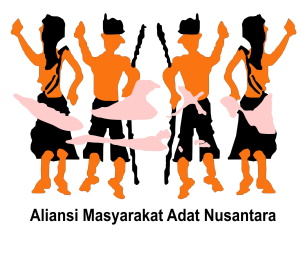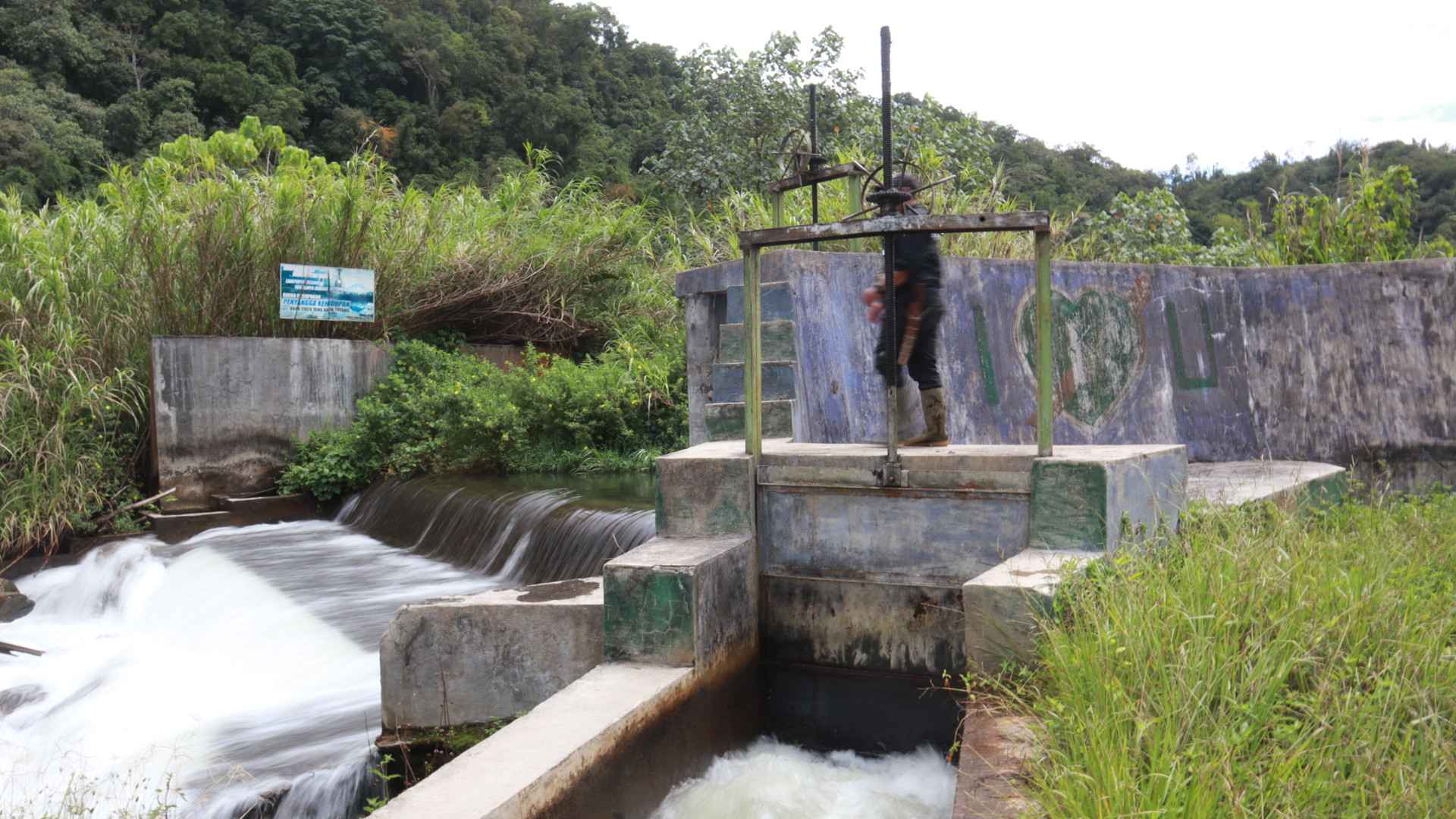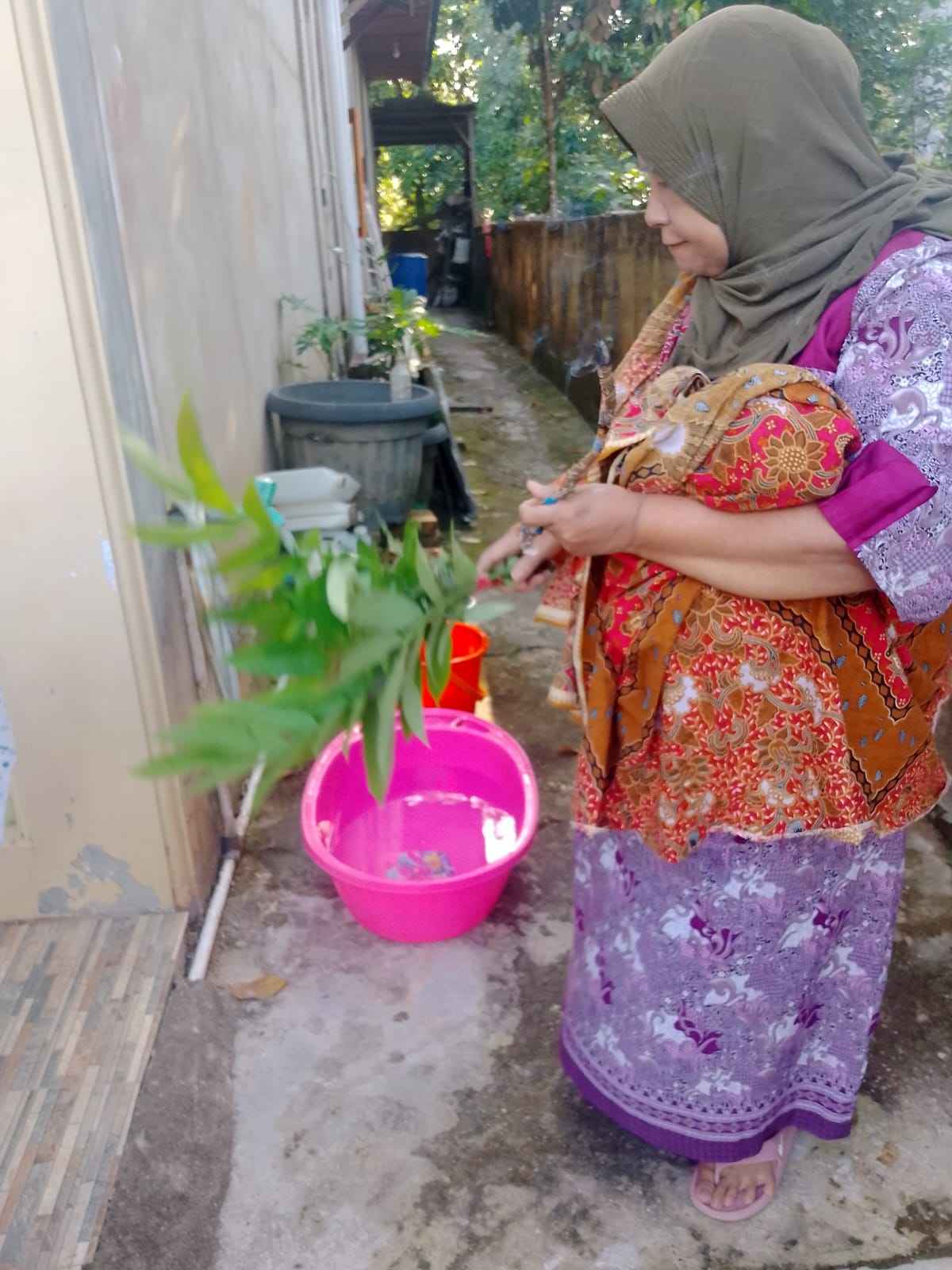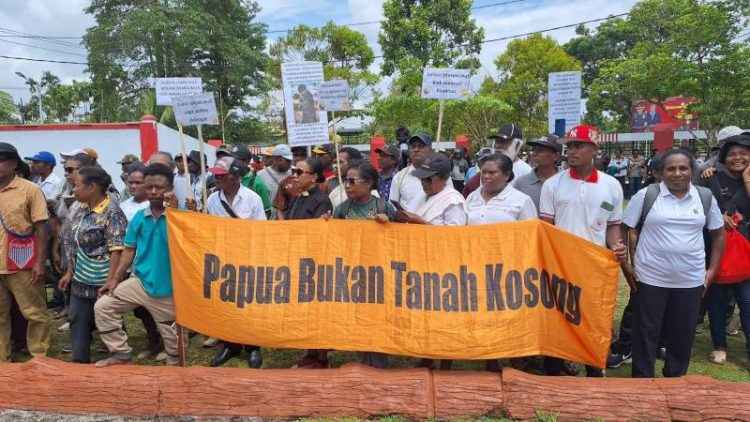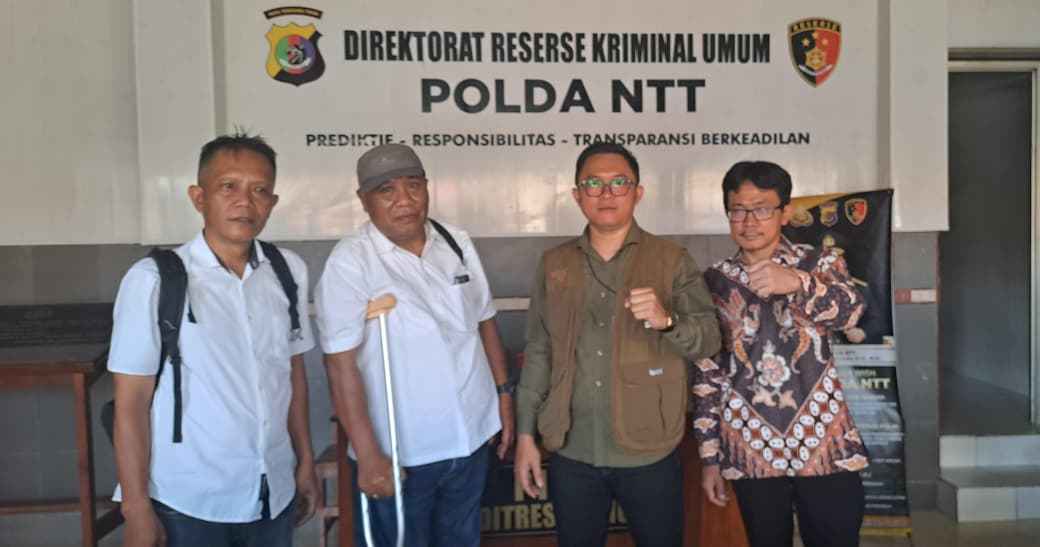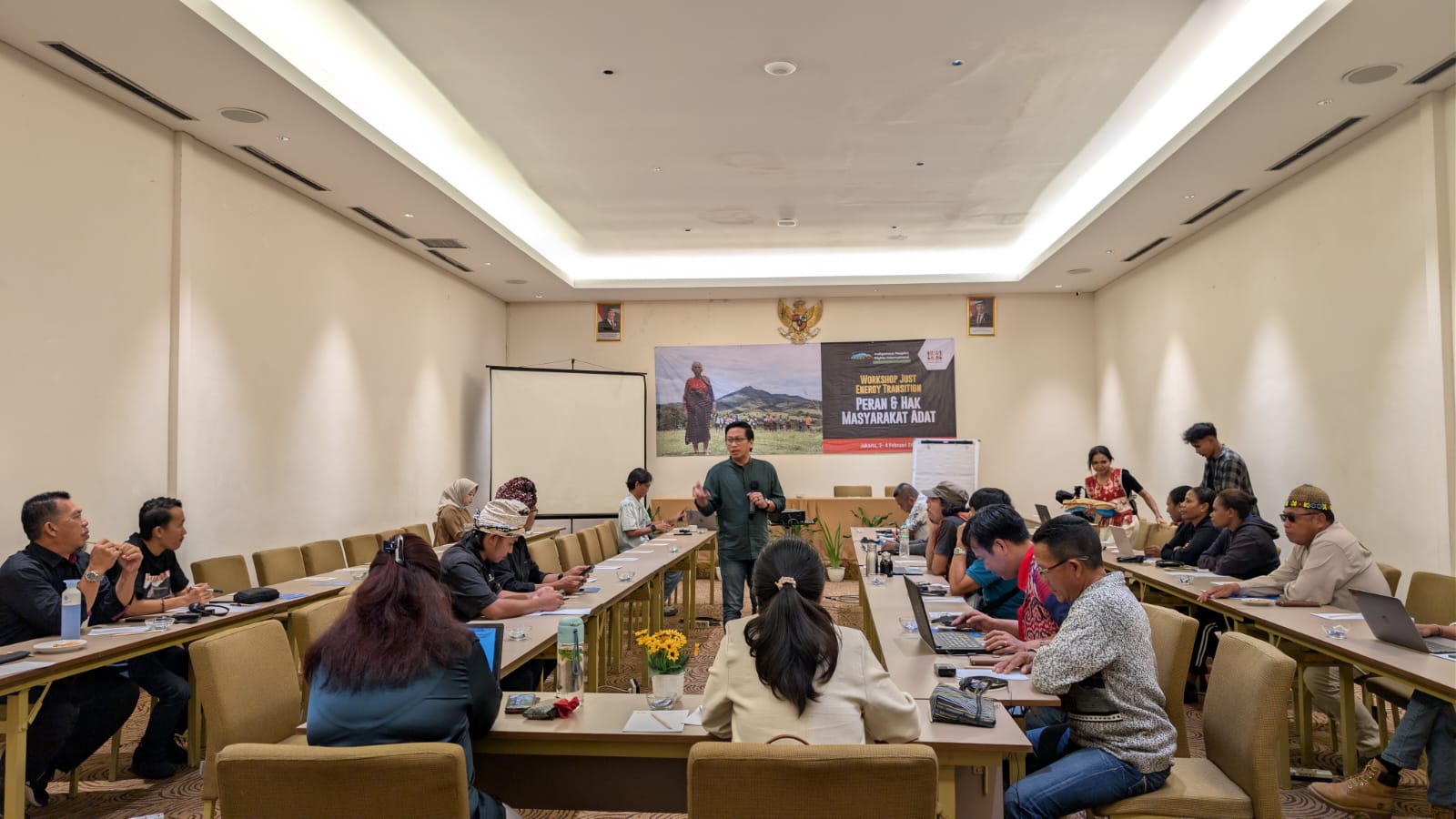Indigenous Peoples, Guardians of the Earth
25 April 2017Our life as indigenous peoples along with our customary lands and territories that we own are an interconnected unity. For our survival, we have to build and protect our strong relationship with our lands and territories. Because our lands and territories are the sources of our life and survival, our history, culture, way of life, oral tradition, literacy, belief, art, as well as the source of our livelihoods. We must respect, preserve, mantain and defend our ancestral lands in order to be sustainable for our future generations.
As indigenous youth, we testify that:
- In our costumary lands, there are indigenous institutions which are able to collectively guard the integrity of our collective territories, the nature and harmony within indigeous peoples, including norms and customary laws.
- Our customary lands and territories are managed, protected and preserved by our ancestors for thousands of years. The ancestors had developed and enriched customary governance over land use along with its resourches to make sure sustainability of livelihood to be passed down to the future generation. Our ancestors had promoted justice and equality for common interest and they had dedicated their own life to defend customary land territoty. Accordingly, we are sure that customary land territory is a saving for the future generation.
- Land grabbing, violence and criminalization against indigenous peoples and how the government diminishes indigenous communities through suppresions including discriminating laws have lead to the worsening of social, culture, economics and environment of indigenous peoples as well as to the current multidimentional crisis faced by many indigenous communities.
- The lack of recognition and protection over indigenous lands have led to massive incidents where indigenous peoples are the main victims.
- The crisis faced by indigenous peoples has been exacerbated by the increased number of indigenous youths who have forgotten their local wisdom, as a result of the rapid change of socio-cultural, including the spread of consumerist culture introduced by global market to indigenous communities.
- Many of indigenous women and indigenous persons with disabilites experience massive violations within their communities and territories as well as discrimination from the mainstream society. The issues they are currently facing prevent them from participating in broader decision making processes, as well as decision making process within their own communities. This shoud not continue.
- The extreme climate change caused natural dissaster including extinction of plants and a number of forest products which affects livelihoods of indigenous peoples. The approach of indigenus peoples to mitigate the climate change in some cases even being labelled as criminal offense.
As indigenous youth, we call for:
- Return our customary lands and territories, which we inherit from our ancestors.
- Provide recognition and protection over indigenous peoples and their costumary lands and territories through law and regulation making at all levels.
- Stop criminalization against indigenous peoples who are struggling to defend their customary lands and territories.
- If we want the earth to remain adequate for living in the present and the future, support indigenous peoples in managing and protecting their customary lands and territories in accordance to their traditional knowledge.
- Increased participation of youth in decision making processes concerning lands and territories and promote the process of knowledge transfer from indigenous elders to the young people.
- Preserve the integrity and sustainability of costumary lands and territories and prevent all forms of land grabbing.
[Jhontoni Tarihoran]
